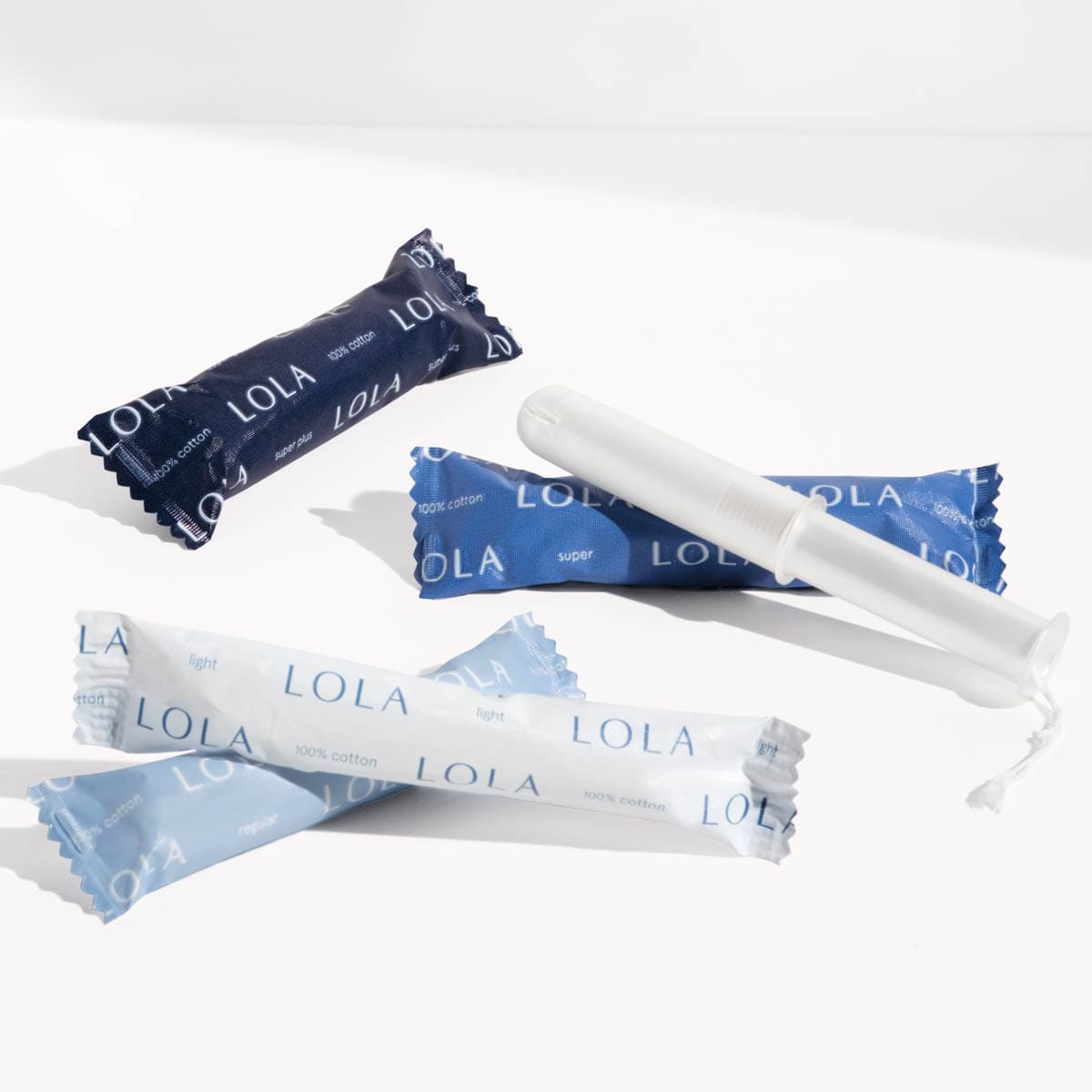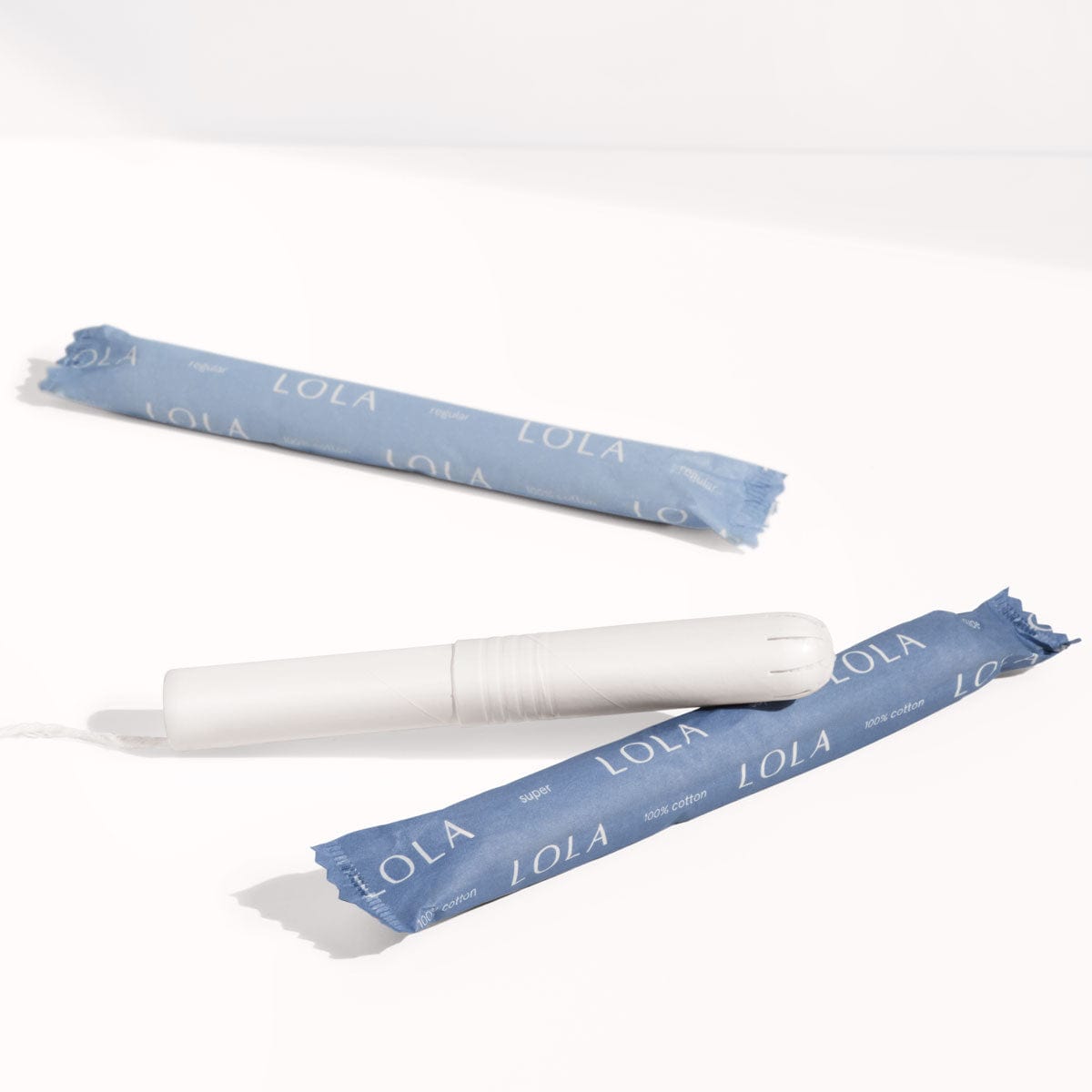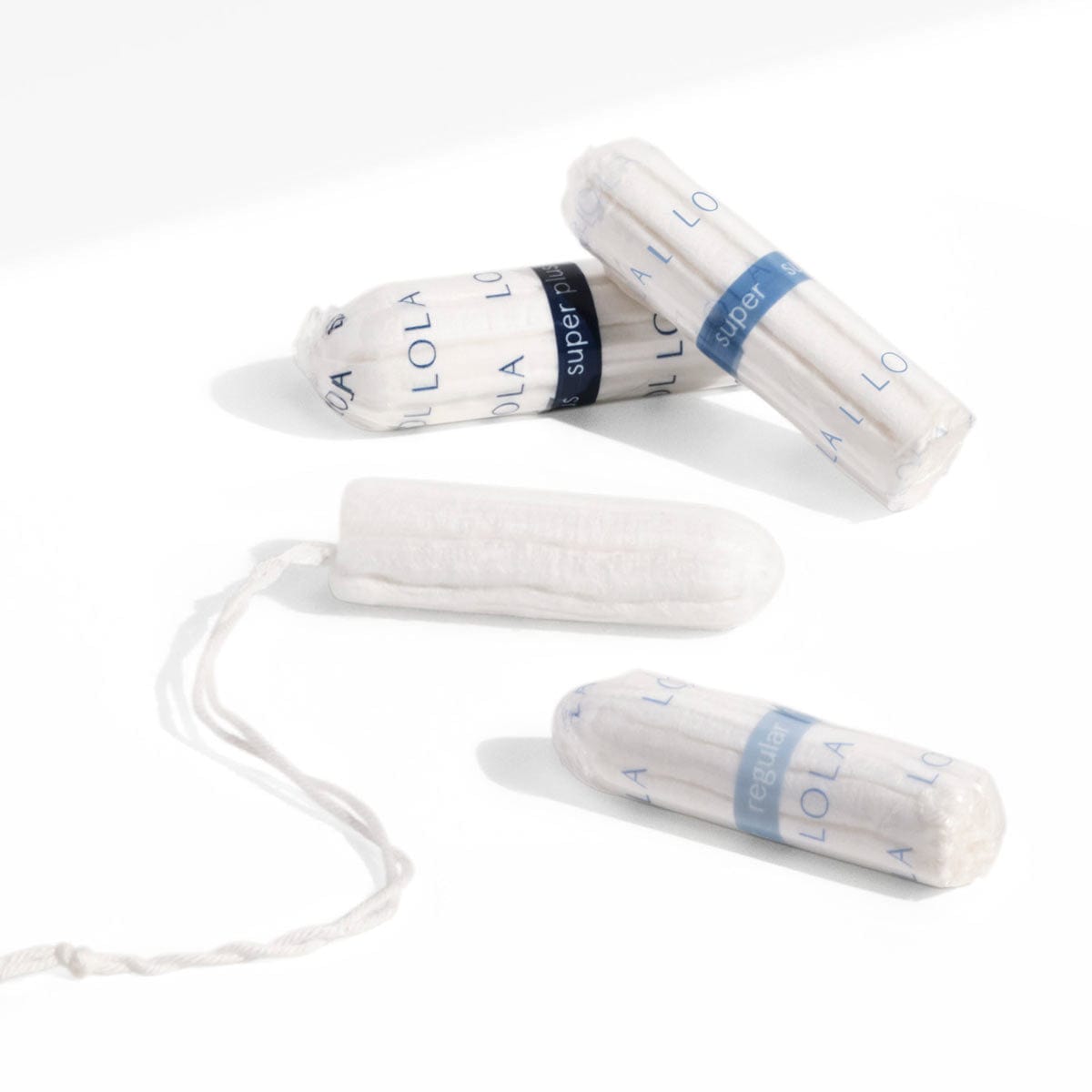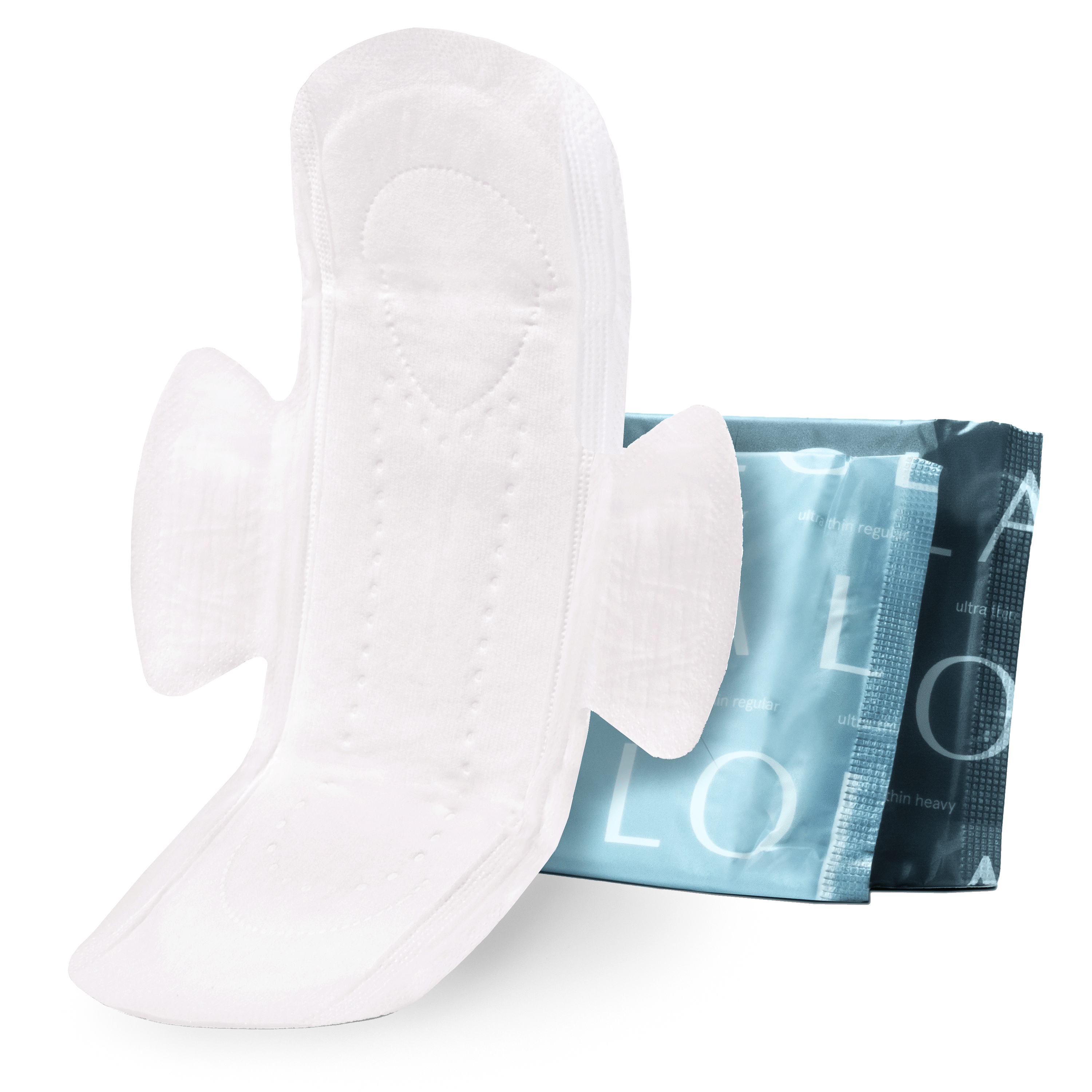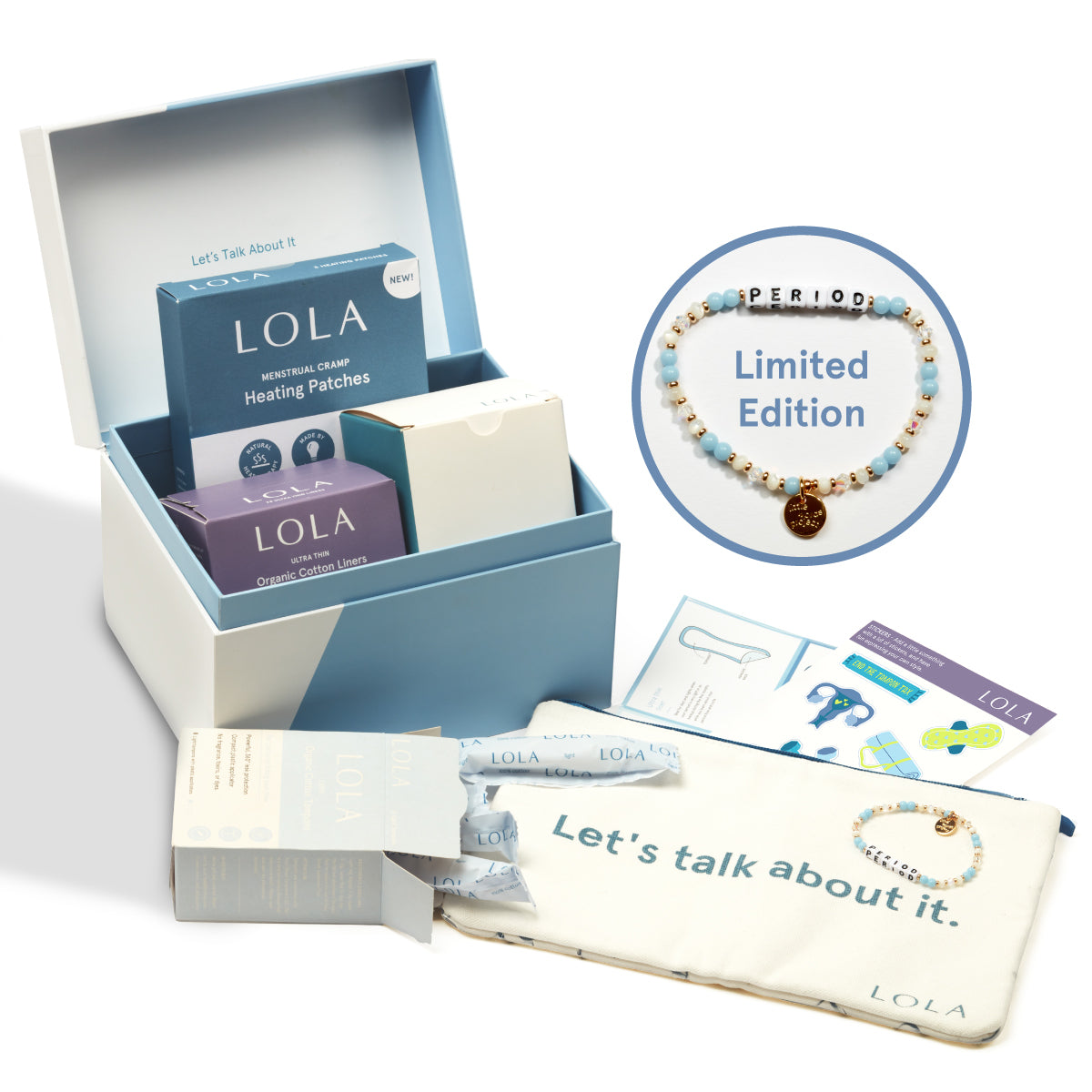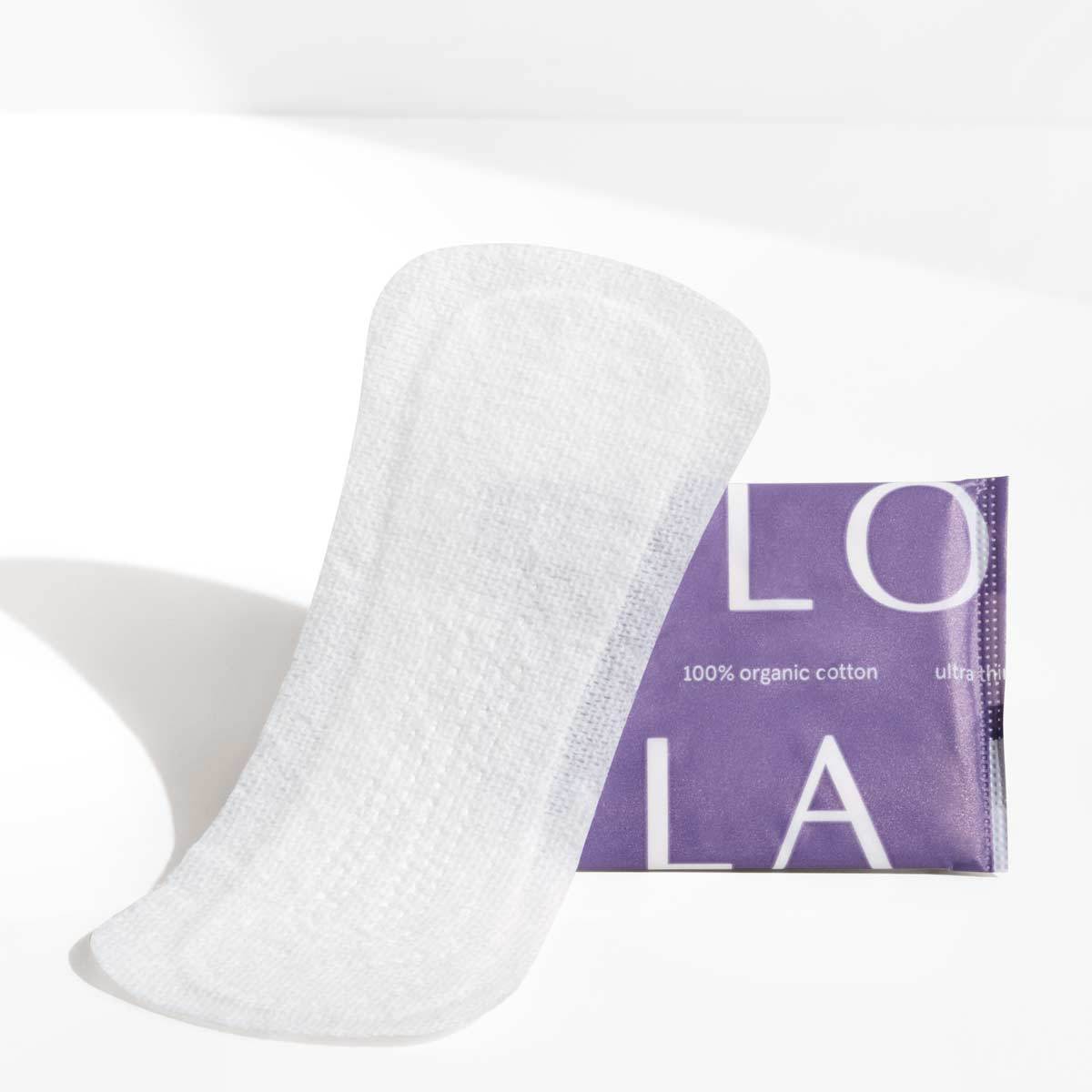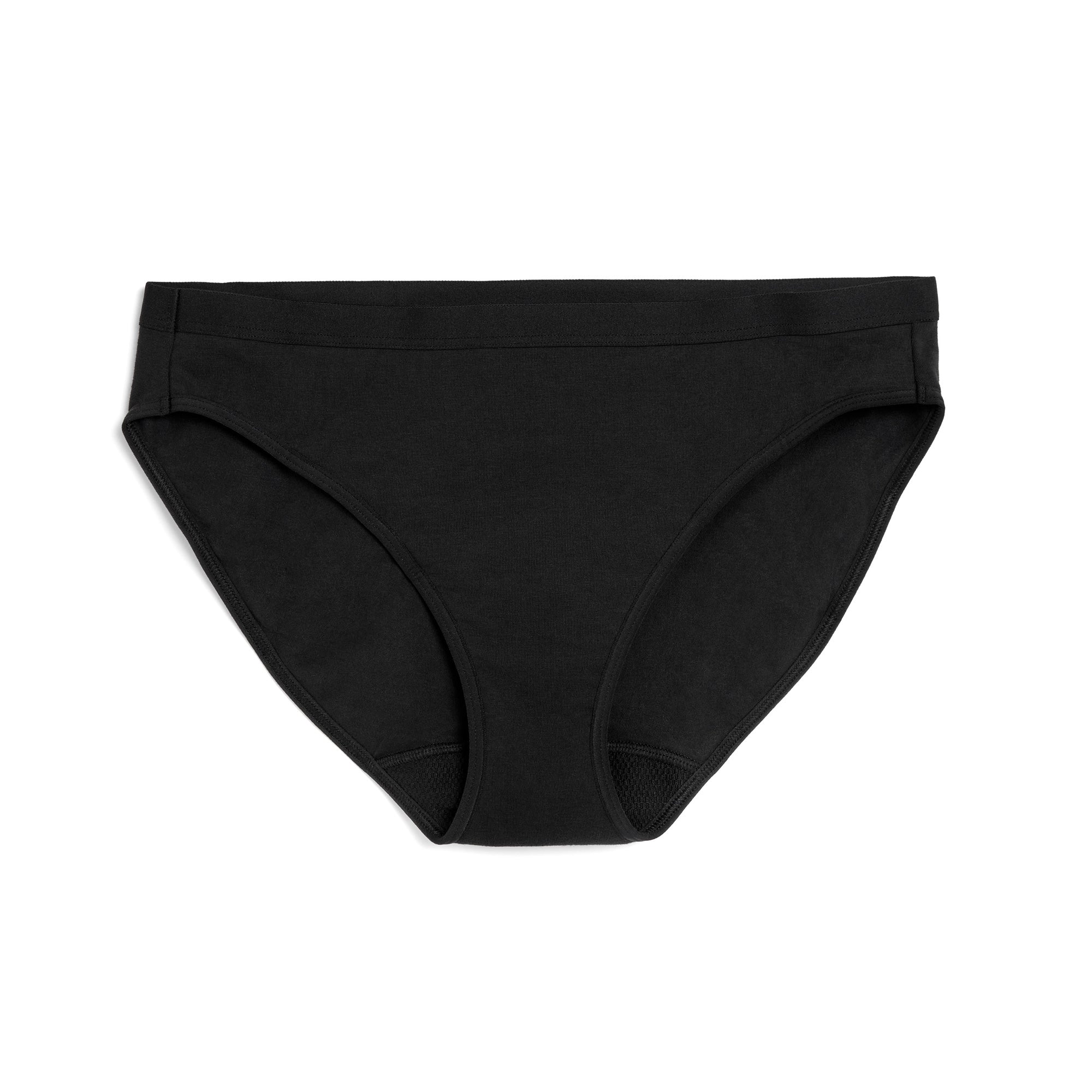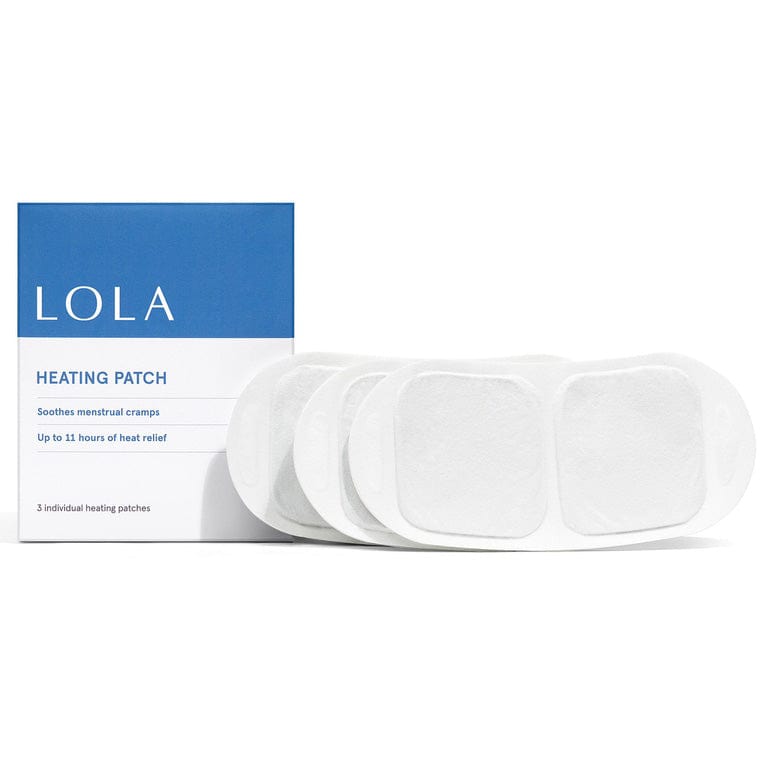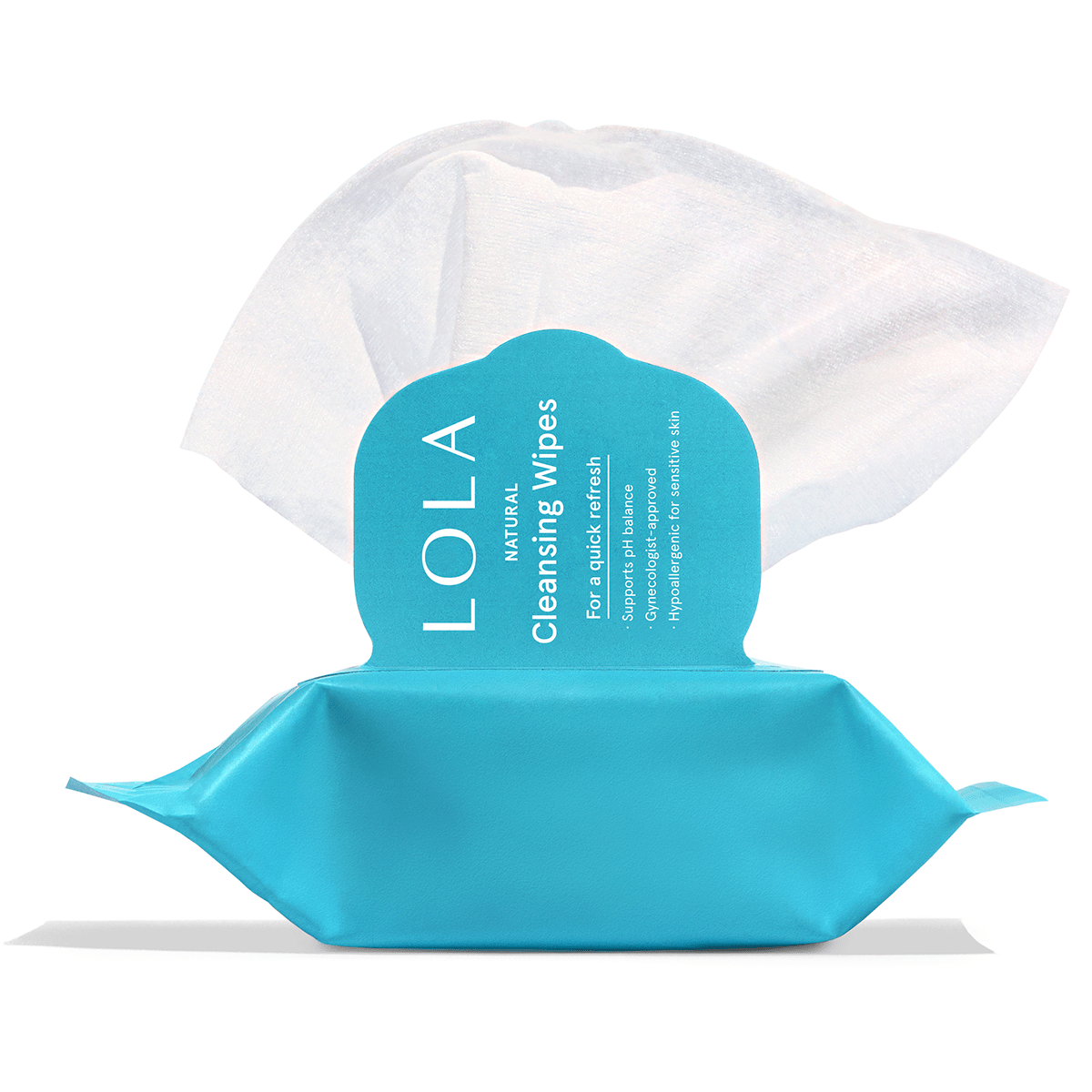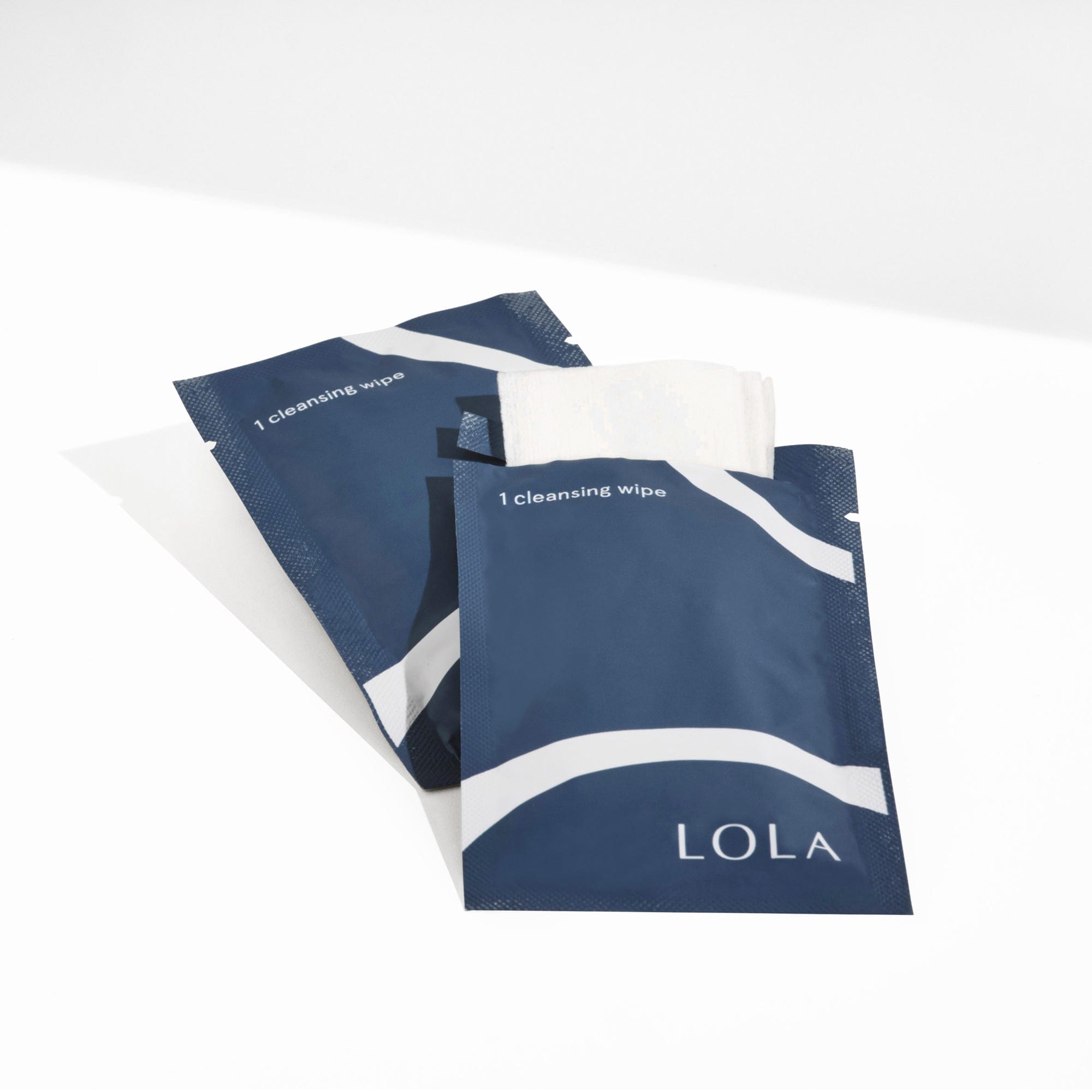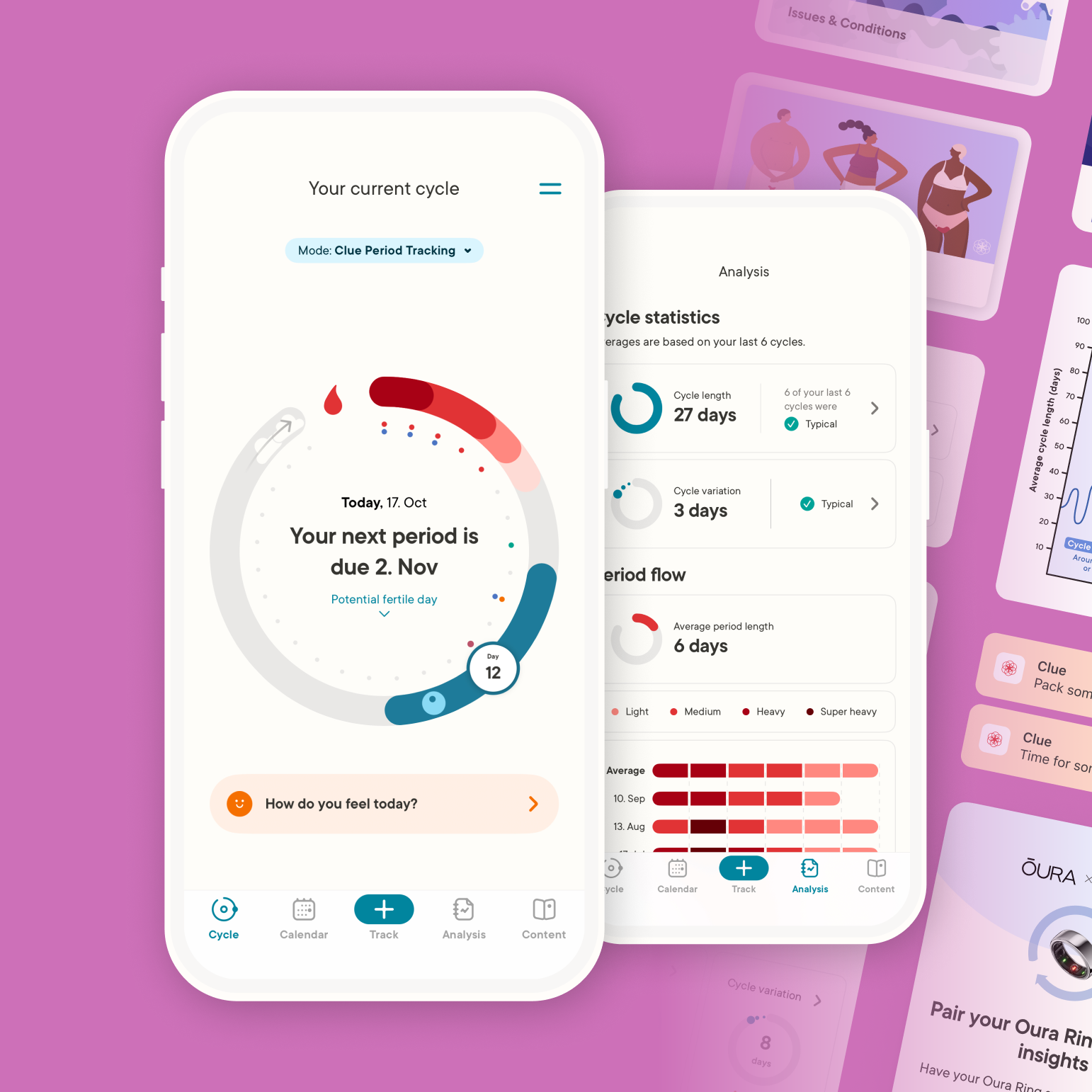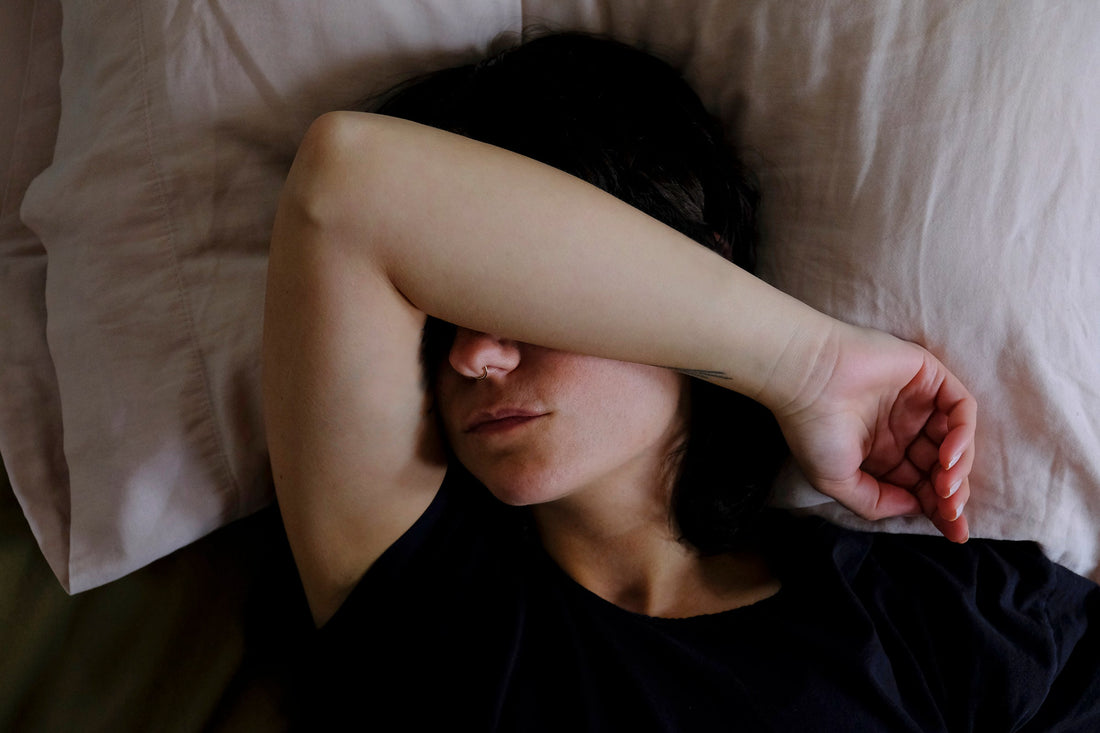Whether you’re planning to freeze your eggs, donate them, or use them for in-vitro fertilization (IVF), egg retrieval is an important step in the process—and one that can bring changes to your cycle.
During egg retrieval, mature eggs are collected from the ovaries in a minimally-invasive surgical procedure called transvaginal ultrasound aspiration. That’s after a two-week process of daily hormone injections to trigger ovulation of multiple eggs. While ovulation typically produces one viable egg a month, ovarian stimulation might result in 8-20 eggs in a short period of time. The goal is to produce enough mature eggs to use for donation, egg freezing, or IVF.
As you can imagine, after all those hormones and surgery, your body might feel a little out-of-wack. You might experience a hormone crash, feeling emotional, cranky, and exhausted once all those pre-retrieval hormones leave your body. Post-procedure, it’s also common to experience bloating and cramping, spotting, and fatigue, in addition to anesthesia sensitivities, like nausea or dizziness. The egg retrieval recovery period typically lasts 3-5 days, but it could take a couple weeks for your hormones to fully right themselves. During this period, give yourself ample time to rest, and you’ll be feeling back to yourself soon enough.
Key Takeaways-Egg retrieval is a key step in egg freezing or IVF |
When to Expect Your First Period After Egg Retrieval
You can expect your first period after egg retrieval within 7-14 days, but in some cases, it could take 3-4 weeks. The delay in return to your natural cycle has to do with the hormones you took during the ovarian stimulation phase–it can take a couple weeks just for those hormones to leave your body. Plus, all those eggs you sprouted during that time produced estrogen as they grew, which can also cause delay in menstruation. In particular, the “trigger shot” of human growth hormone (HCG) that you receive right before egg retrieval can confuse your body, since it’s usually associated with pregnancy.
On top of those hormonal changes after egg retrieval, the timeline for getting your period also depends on whether your egg retrieval was followed by egg freezing, IVF, or embryo transfer.
If you only froze your eggs, then the egg retrieval would be the final step. But, if you used the eggs for IVF, fertilizing them in a lab with sperm to produce a viable embryo, and then transferred that embryo into your uterus, you would also be given progesterone and estrogen to help your chances of implantation. If implantation is successful, then of course there’s a chance you won’t have a period for 9 months. If it doesn’t take, though, your period could be delayed longer because those progesterone and estrogen shots mimic pregnancy in your body, throwing off your cycle.
How long does it take for hormones to leave your body after egg retrieval?
It can take up to two weeks for the hormones to leave your body after egg retrieval.
What Your First Period Might Feel Like
Your first period after egg retrieval is often heavier, longer lasting, or more crampy than usual. That’s because during ovarian stimulation, all that new egg growth triggers a major spike in estrogen. Plus, those daily hormone injections would have enlarged your ovaries as they filled with multiple eggs. When estrogen levels are high, your uterine lining thickens in anticipation of potential pregnancy, and when your period eventually comes, it sheds that lining. So, you can probably expect a heavier period after egg retrieval, and it might last longer.
Is the first period after egg retrieval painful?
The first period after egg retrieval can be crampier and more painful than usual. Your ovaries might still be swollen and tender after the procedure, because your surgeon punctured the follicles with needles to aspirate the eggs to “retrieve” them.
Everyone is different, and it’s a good idea to track symptoms in case anything seems abnormal about your recovery.
Common Post-Egg Retrieval Symptoms
- Heavier bleeding during menstruation
- Sore breasts
- Fatigue
- Spotting
- Cramping
- Nausea
- Mood swings
Post-Retrieval Recovery: What’s Normal and What’s Not
How long does it take your body to recover from egg retrieval?
Typically, you’ll start to feel better 3-5 days after egg retrieval. But it can take 1-2 weeks to see a full recovery.
You need time for your ovaries to recover, and for any bloating and cramping to go down. During this period, you can try using heat to ease any aches and pains, or over-the-counter NSAIDs.
However, if you experience fever, severe pain that makes it hard to get out of bed, heavy bleeding, or spotting that lasts longer than 10 days, contact your fertility provider or OB/GYN.
Though rare, the high hormone intake can lead to a condition called Ovarian Hyperstimulation Syndrome (OHSS). In mild cases, this can look like nausea, cramping, and bloating, but in severe cases, it could result in blood clots, severe vomiting, and even trouble breathing. OHSS symptoms usually kick in within a week of hormone injections, but can sometimes take two weeks to manifest. Be sure to call your doctor if you’re experiencing signs of OHSS.
|
Symptom |
Normal or Not? |
When to Call a Doctor |
|
Mild cramping |
Normal |
If severe or worsening |
|
Spotting |
Normal |
If lasting 10+ days |
|
Nausea Cramping Trouble breathing Fever |
Normal Normal Not normal Not normal |
If severe or lasting If pain is debilitating Seek emergency care Contact your provider |
Can You Use Tampons After Egg Retrieval?
Generally, providers recommend waiting until you’re fully healed (typically 5–7 days post-procedure) before inserting anything vaginally. But it could take longer. Your ovaries will feel tender and swollen after the procedure, leading to cramping and bloating, and using a tampon after egg retrieval could exacerbate that abdominal discomfort.
Until you feel back to normal, take it easy with gentle, organic period care, like pads, liners, or period underwear, which also might come in handy if you’re dealing with spotting vs. period after egg retrieval. LOLA’s washable period underwear, panty liners, and pads with wings are made with organic cotton, so they’ll be comfortable without any risk of friction or chafing. Plus, they’re free of any irritating fragrances, dyes, synthetic fibers, as well as PFAs, metals, or elemental chlorine, so you know they’re body safe.
Once you receive clearance from your OB/GYN or fertility provider to use tampons after egg retrieval, LOLA’s tampons are a gentle, body-safe choice. They’re made with 100% organic cotton, and free of fragrance, dyes, metals, chemical additives, elemental chlorines, so they’re smooth, comfortable, and non-toxic.
Explore LOLA’s Organic Pads and Liners for Sensitive Post-Retrieval Recovery
Emotional Side Effects and Mental Health Check-In
If you’re feeling emotional after egg retrieval, know that that’s totally normal. You might experience a hormone crash when all the estrogen finally leaves your body. The egg retrieval recovery period can take a toll not just physically, but also mentally, what with the post-surgery fatigue and pain, ovary tenderness and swelling, rollercoaster of hormonal changes, and just not feeling like yourself for a couple weeks.
During this time, prioritize self-care, and lean on your support systems. Let your loved ones know that it’ll be a challenging couple weeks or month for you, and you might need a little extra help and kindness. Don’t hesitate to reach out to a therapist if symptoms of depression persist.
Supporting Your Body During Your First Post-Retrieval Period
On the physical side, you’re going to want to take it easy. Stay hydrated, avoid overly-strenuous exercise, and rest as much as you can. Gentle yoga, heat therapy, and essential oils can provide relaxing, holistic pain relief. It’s a good idea to track your symptoms using a journal or a cycle-tracking app to make sure your recovery is moving along, and to note any red flags that might warrant medical attention.
As you recover, support your vaginal health with clean, non-toxic period care products. LOLA’s period collection is made with 100% cotton, and body-safe ingredients. That means free of fragrance, dyes, metals, chemical additives, elemental chlorines, so you won’t have to worry about any irritants or unwanted reactions. Be gentle with yourself, and put your comfort and health first with LOLA.
Be Prepared for Your Post-Retrieval Period – Shop LOLA’s Period Care Collection
FAQs
Is the first period after egg retrieval painful?
The first period after egg retrieval can be crampier and more painful than usual. Your ovaries might still be swollen and tender after the procedure, because your surgeon punctured the follicles with needles to aspirate the eggs as part of the retrieval.
How long does it take for hormones to leave your body after egg retrieval?
It can take up to two weeks for the hormones to leave your body after egg retrieval.
How long does it take your body to recover from egg retrieval?
Typically, you’ll start to feel better 3-5 days after egg retrieval. But it can take 1-2 weeks to see a full recovery.
Can I use tampons for the first period after egg retrieval?
Generally, providers recommend waiting until you’re fully healed (typically 5–7 days post-procedure) before using a tampon after egg retrieval.
